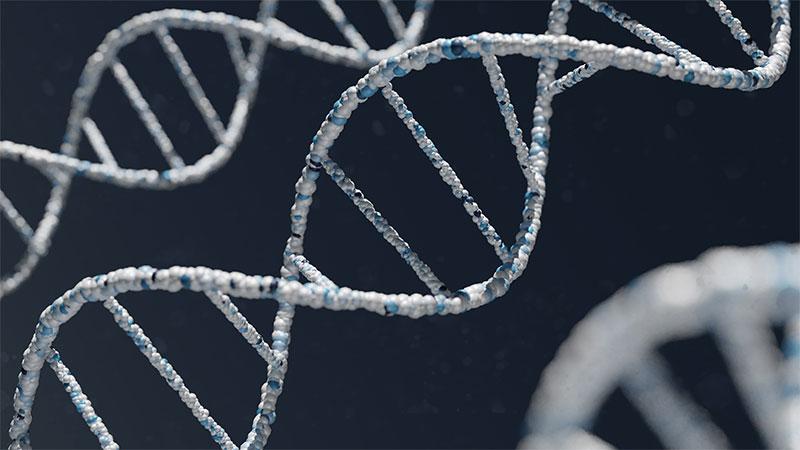The University of Westminster has worked alongside Genomics England, NHS England, Guy’s and St Thomas’ NHS Foundation Trust and another University on the largest study of its kind, revealing that combining health data with whole genome sequence (WGS) can support the delivery of precision cancer care, helping tailor treatment to each individual.

The landmark study analysed data covering over 30 types of solid tumours collected from more than 13,000 participants with cancer in the 100,000 Genomes Project. The project is Genomic England’s first initiative, where they have sequenced 100,000 genomes from around 85,00 patients at the NHS who have been affected by cancer or a rare disease.
By looking at the genomic data alongside routine clinical data collected from participants over a five-year period, such as hospital visits and the type of treatment they received, scientists were able to find specific genetic changes in the cancer associated with better or worse survival rates and improved patient outcomes.
WGS allows scientists to read someone’s entire genome – the 3.2 billion letters that make up a person’s DNA – with just one single test. For patients with cancer, this technique can be used to compare DNA from their tumour to the DNA in their healthy tissues. The study showed that WGS could provide a more comprehensive view of a tumour's genetic landscape by detecting various genetic changes using a single test.
The research, published today in Nature Medicine, shows that linking WGS data to real-world clinical data can identify changes in cancer DNA that may be relevant for an individual patient’s care, for example by helping identify what treatment might work best for them based on their cancer.
As a result of the study, the scientists uncovered significant findings across different cancer types. For example, over 90% of brain tumours and over 50% of colon and lung cancers showed genetic changes that could affect how patients are treated, guiding decisions about surgery or specific treatments they might need.
The analysis also revealed patterns across several cancers and discovered different types of genetic changes that might explain response to treatment or predict possible patient outcomes. Together, the findings show the value of combining genomic and clinical data at scale to help healthcare professionals make the best treatment decisions with their patients.
The report has been published widely across multiple platforms including BBC News and The Independent.
Helen White, Participant Panel Vice Chair for Cancer at Genomics England, said: “This study has opened doors to better ways of diagnosing and treating cancer, but was only made possible by all those who, despite the challenges of a cancer diagnosis, gave their consent for their or their loved one’s genomic and health data to be used in the 100,000 Genomes Project. Their invaluable contribution has made these advances possible, bringing hope to people affected by cancer of living well for longer.”
Andrew Stephenson, Health Minister, added: “This ground-breaking research demonstrates the power of genomics and is already helping to transform care, allowing patients to receive more tailored treatment and driving improved diagnosis.
“But we won’t stop there. We want to harness this innovation to improve care for patients and affirm our position as a life sciences superpower – leading to quicker and more targeted interventions.”
Find out more about the School of Life Sciences at the University of Westminster.


